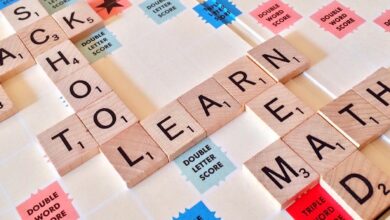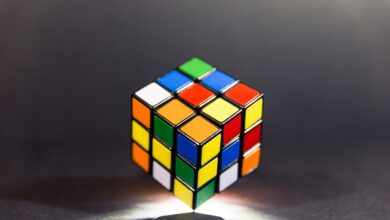Puzzle Games for Developing Teamwork Skills

One of the primary advantages of puzzle games is their ability to promote effective communication among team members. Whether it is a jigsaw puzzle where multiple individuals need to coordinate their efforts or an escape room game where participants must share clues and information, puzzle games create a platform for individuals to communicate and exchange ideas. By engaging in such activities, team members can learn to listen actively, express themselves clearly, and work together to achieve a common goal.
Problem-solving is another critical skill that is honed through puzzle games. Most puzzles require individuals to analyze the situation, identify patterns, and devise a strategy to solve the problem at hand. Working together on a puzzle enables team members to brainstorm ideas, think critically, and consider multiple perspectives. This enhances their ability to approach complex real-life problems with a more collaborative and creative mindset.
Puzzle games also foster collaboration among team members. They instill a sense of shared responsibility and encourage individuals to contribute their unique skills and ideas to achieve a common objective. The diverse range of puzzles available gives team members the opportunity to leverage their individual expertise, whether it be logical reasoning, spatial awareness, or attention to detail. This collaboration strengthens team dynamics and fosters a supportive and cooperative environment.
Creativity is another skill that is essential for successful teamwork. Puzzle games often require individuals to think outside the box and come up with innovative solutions. By engaging in these games, participants are encouraged to explore alternative approaches, experiment, and push the boundaries of conventional thinking. This creative problem-solving mindset not only allows teams to find unique solutions to challenges but also nurtures an environment where new ideas are valued and encouraged.
In addition to directly developing teamwork skills, puzzle games can also serve as an enjoyable icebreaker or team-building activity. By engaging in a challenging yet fun task together, team members get to know each other better, establish rapport, and build trust. This can have a significant impact on team cohesion and productivity, as individuals become more comfortable working with one another and feel more confident expressing their opinions and suggestions.
Overall, puzzle games offer a range of benefits for individuals looking to develop teamwork skills. Through promoting effective communication, problem-solving, collaboration, and creativity, they create an environment that mirrors real-life team scenarios. Whether it is in professional settings or personal relationships, developing these skills can lead to more successful outcomes and stronger relationships. So the next time you find yourself playing a puzzle game, remember that it’s not just a form of entertainment but also an opportunity to grow as a team player.





